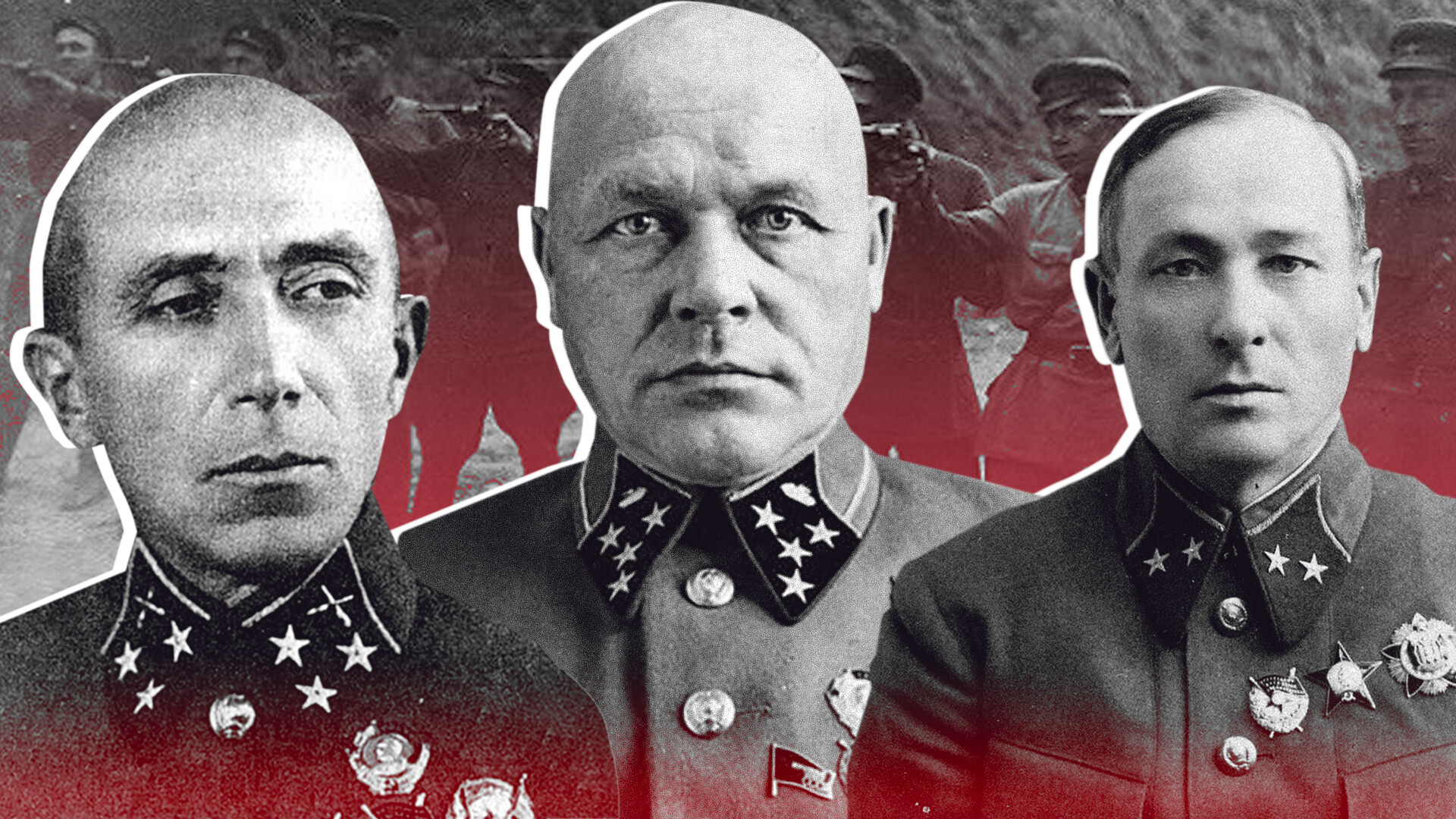
The disastrous start to the war against Nazi Germany shocked Soviet society. It had been assumed that the Red Army would easily stop the enemy and push them back to their own territory. Instead, the Red Army suffered heavy defeats, incessantly falling back eastwards.
Someone had to answer for the failures, so a "witch hunt" was immediately started in the country's armed forces. Many Soviet military commanders were arrested and shot on charges of "cowardice", "panic-mongering" and "unauthorized abandonment of strategic locations without permission from the [high] command".
The greatest blow was dealt to the command of the Western Front, which was routed during the Battle of Białystok-Minsk in June-July 1941. The commander of the front, as well as the front's chief of staff, chief signals officer, chief of artillery, commander of the front's air force and several other military leaders, were all executed.
Generals were not only shot because of defeats at the front. Charges of involvement in an "anti-Soviet plot" had been brought against individual military leaders even before the start of the war and death sentences were handed down to them when the war was already in full swing.
The overwhelming majority of cases of political repression of senior command personnel occurred at the most difficult time for the USSR – 1941 and 1942. After Stalin's death, all the executed military commanders were posthumously rehabilitated.
The chief of staff of the Northwestern Front (before the war: the Northwestern Special Military District), Lt Gen Pyotr Klyonov, was arrested after the failed attempt by Soviet troops to contain the Wehrmacht's breakthrough in the Baltic region at the beginning of the war. He was charged with involvement in a "right-wing Trotskyist organization" and with "displaying inaction in the command of the troops of the district". On February 23, 1942, the military leader was shot.
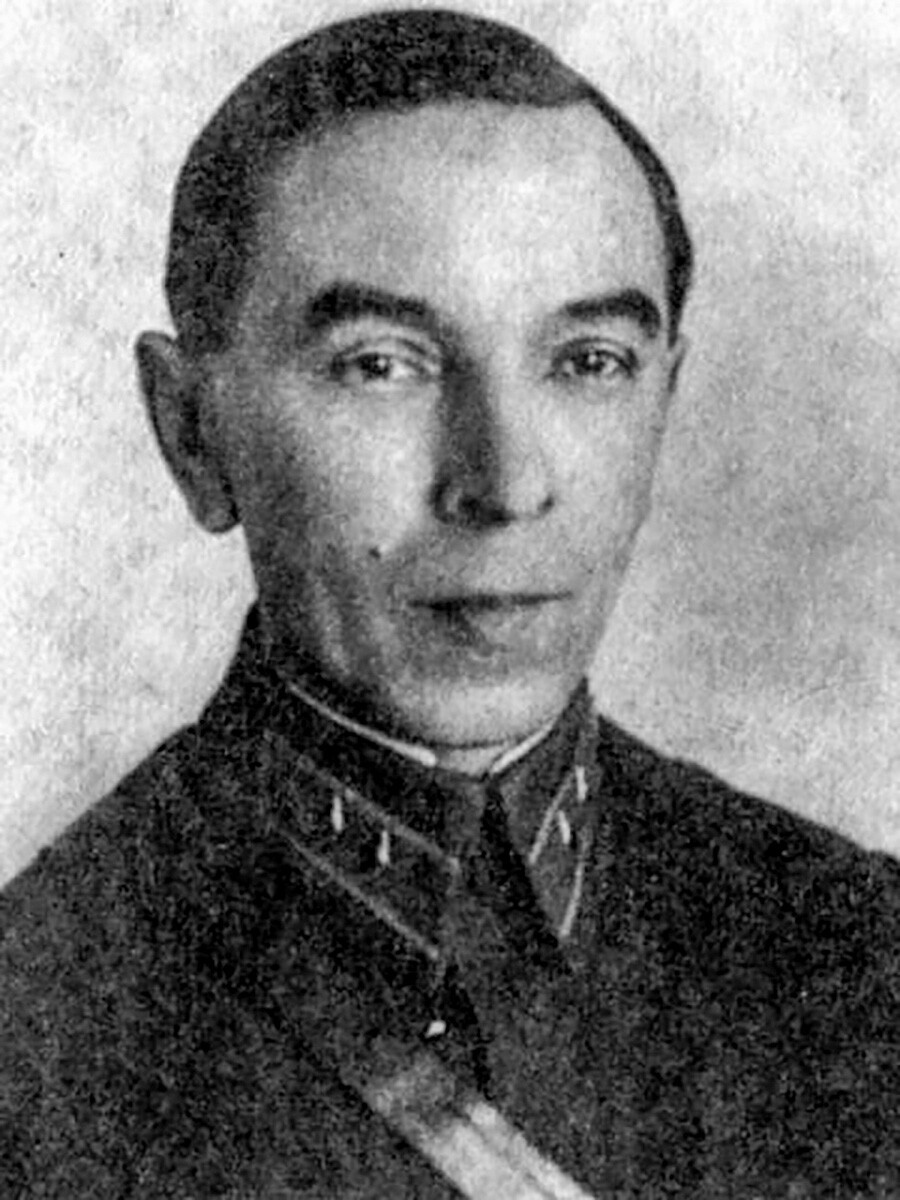
Pyotr Klyonov.
Public DomainAfter the defeat of the main forces of the Western Front in fighting at Minsk and Białystok in the Summer of 1941, the commander of the front, Army Gen Dmitry Pavlov and a number of military leaders under his command were arrested on charges of "cowardice, unauthorized abandonment of strategic locations without permission from the high command, breakdown of command and control and failure to exercise authority".
On July 22, 1941, Pavlov was shot, along with his chief of staff, Maj-Gen Vladimir Klimovskikh, the chief signals officer of the front, Maj-Gen of Signals Troops Andrei Grigoryev and also 4th Army Commander Alexander Korobkov.
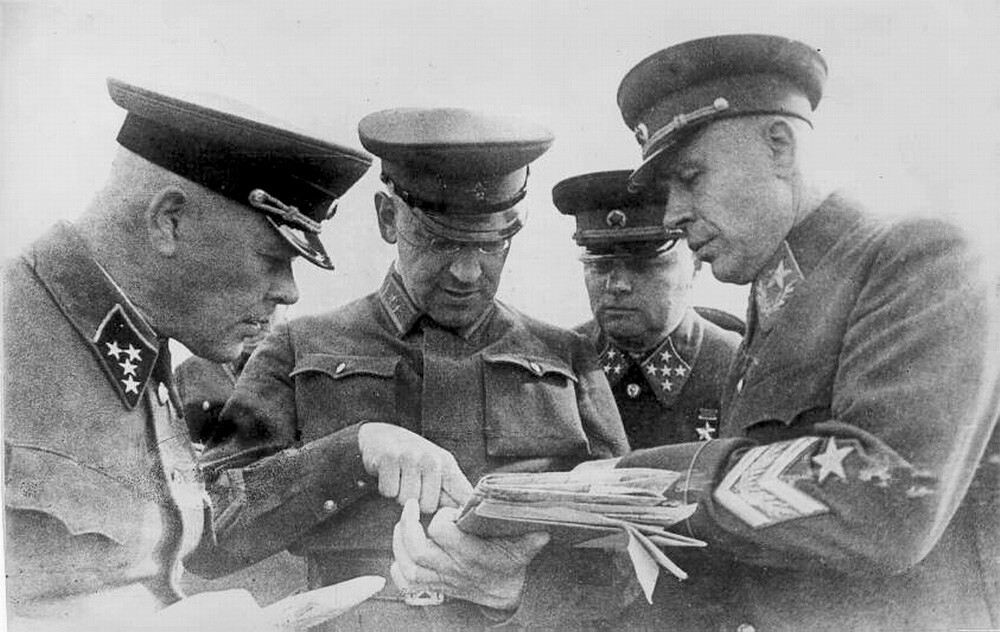
Dmitry Pavlov (L).
Public DomainThe chief of artillery of the Western Front (before the war: the Western Special Military District), Lt-Gen Nikolai Klich, was accused of "criminal inaction and negligence as a result of which the district's artillery was unprepared for combat operations and a large part of the Western Front's artillery and ammunition fell into enemy hands in the first days of the war". He was shot on October 16, 1941.
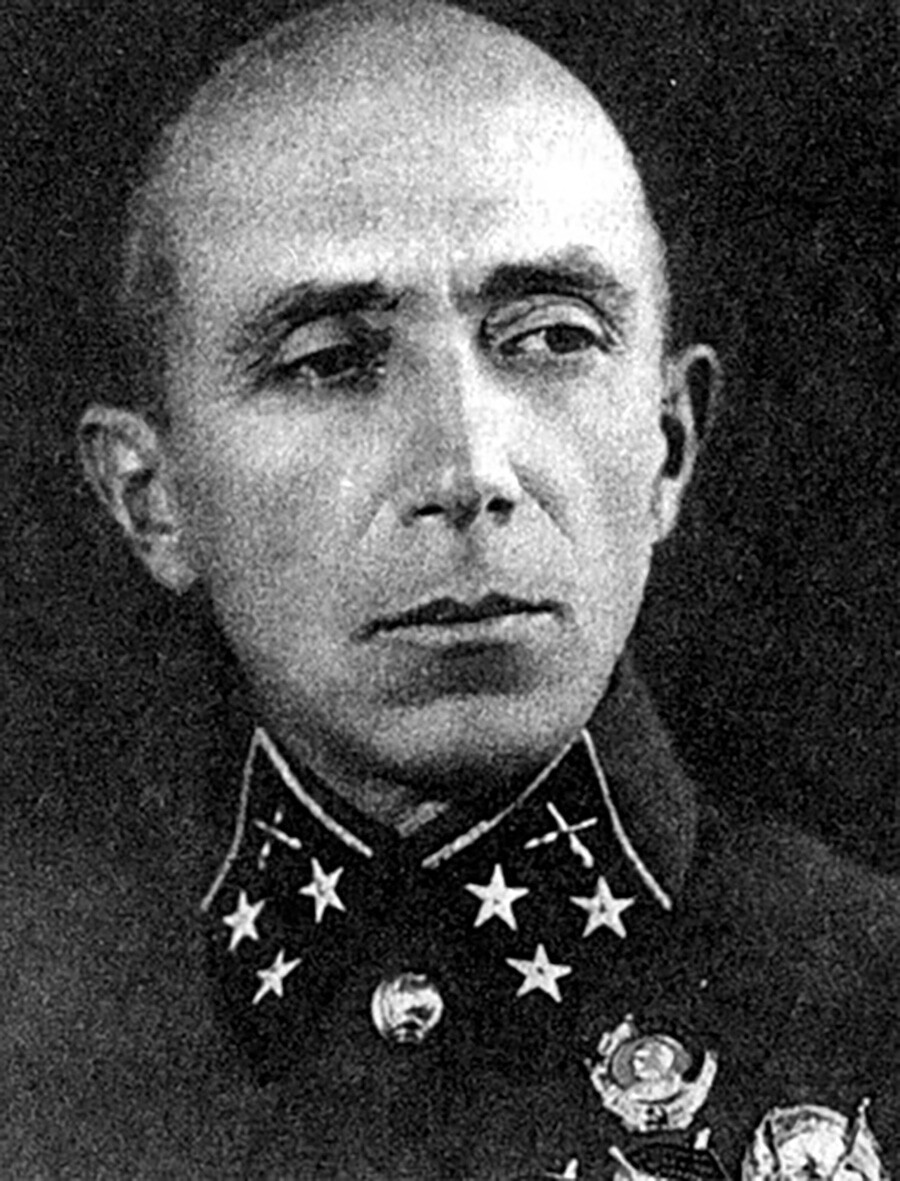
Nikolai Klich.
Public DomainFollowing the suicide of Maj-Gen Ivan Kopets, commander of the air force of the Western Front, on June 22, 1941, the first day of the war, his duties were taken over by his deputy, Maj-Gen of Aviation Andrei Tayursky. But, by July 2, he had been removed from his post, accused of inaction resulting in the troops entrusted to him sustaining heavy losses of manpower and hardware. Tayursky was shot on February 23, 1942.
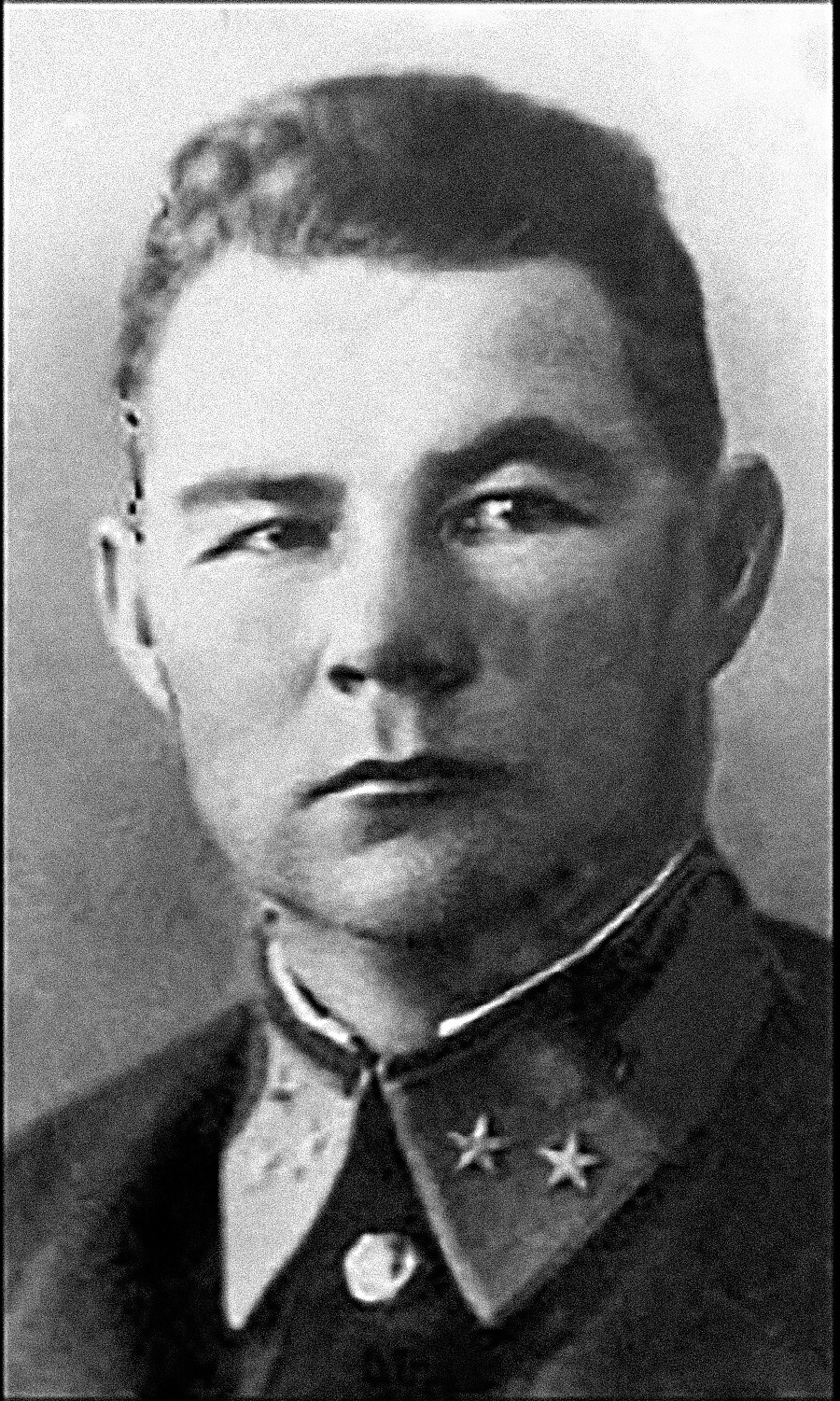
Andrei Tayursky.
Public DomainMaj-Gen Nikolai Glovatsky, commander of the 118th Division, was charged with withdrawing his troops to the other side of the Velikaya River during the battles for Pskov in July 1941 without written orders from Maj-Gen Ivan Kosobutsky, commander of the 41st Rifle Corps,. Glovatsky claimed that he had received verbal orders, but Kosobutsky refused to confirm Glovatsky's account. The commander was shot on August 3 that year.
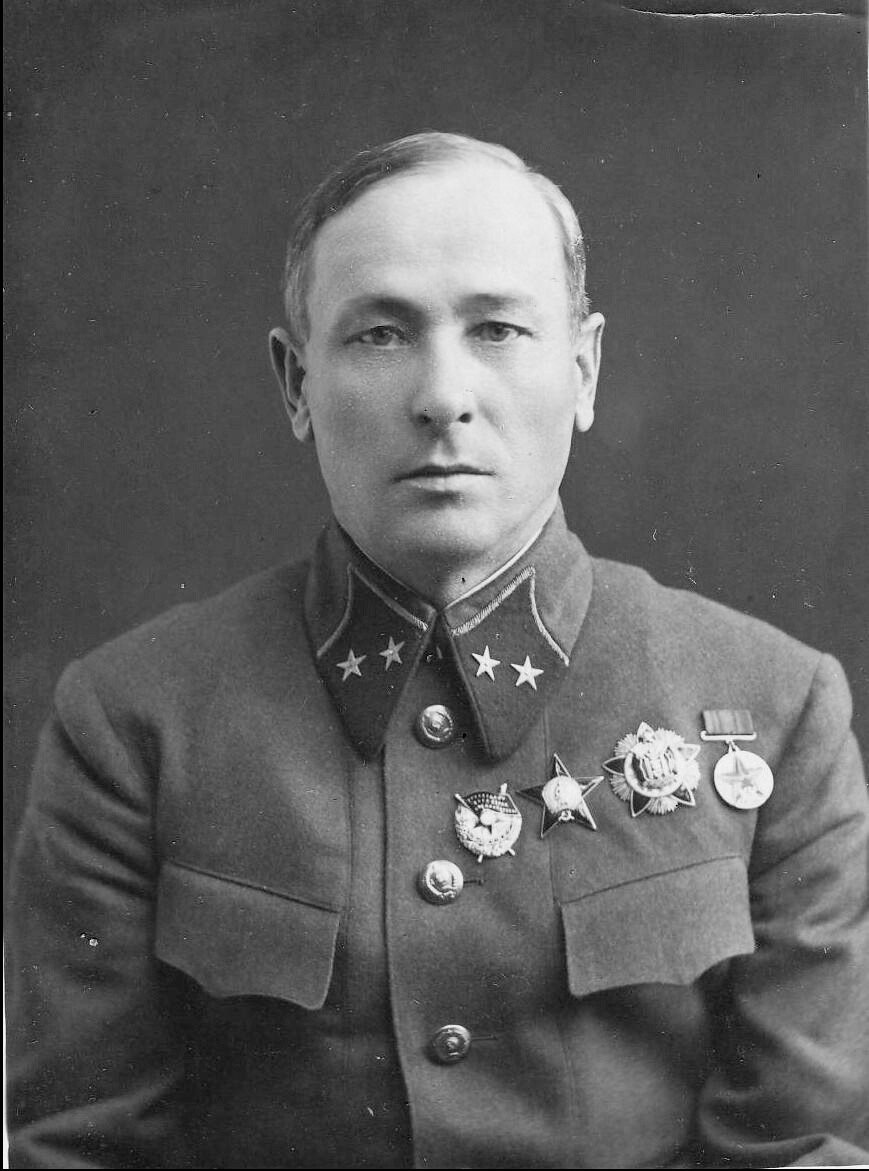
Nikolai Glovatsky.
Public DomainIn early 1941, Maj-Gen of Aviation Alexander Filin, a test pilot, outspokenly criticized the leadership of the Soviet aviation industry, something that eventually led to his arrest on May 23 of that year. He was charged with "wrecking" and "anti-Soviet agitation and propaganda". Filin was shot on February 23, 1942.
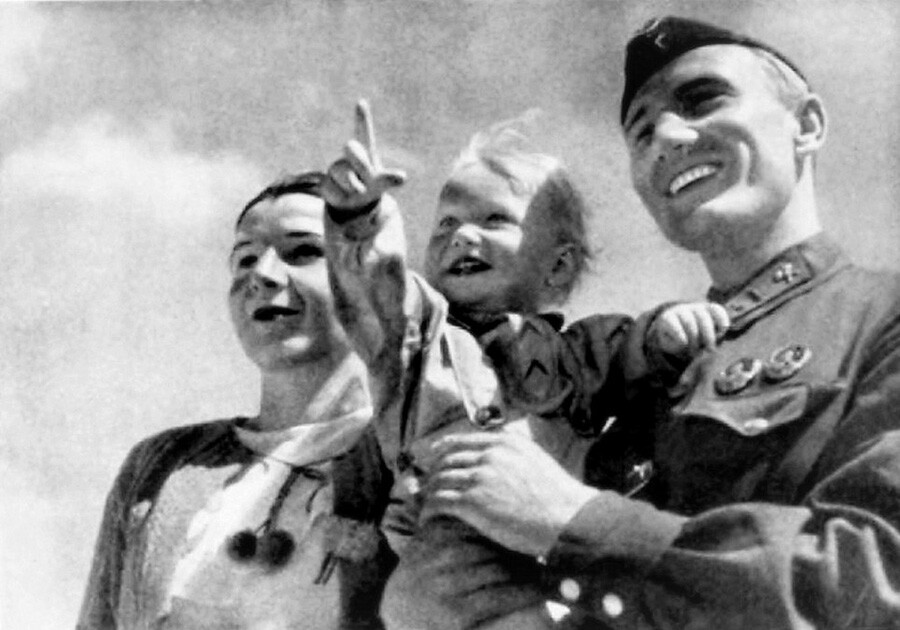
Alexander Filin with his family.
Public DomainIn the early days of the war, the 14th Mechanized Corps fought in the Brest and Kobrin areas and sustained heavy losses in manpower and equipment. The commander, Maj-Gen Stepan Oborin, was arrested on July 8. "For his criminally negligent attitude to his service duties, which occasioned the loss of personnel and destruction of military assets", the commander was sentenced to death and shot on October 16, 1941.
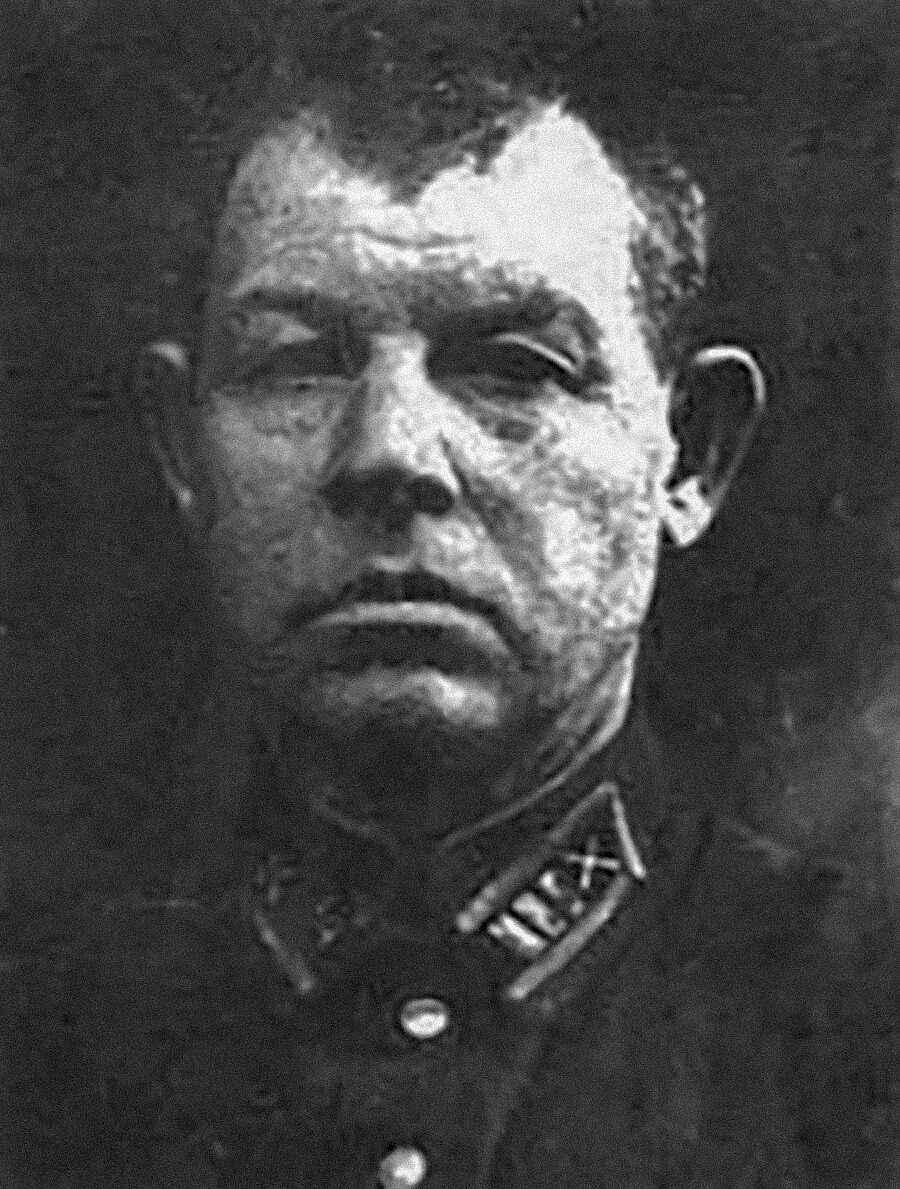
Stepan Oborin.
Public DomainSenior lecturer at the F.E. Dzerzhinsky Artillery Academy Maj-Gen Makary Petrov was arrested on June 30, 1941, as an "anti-Sovieteer" and "participant in an anti-Soviet military plot". On February 13, 1942 he was sentenced to be shot, which was carried out 10 days later.
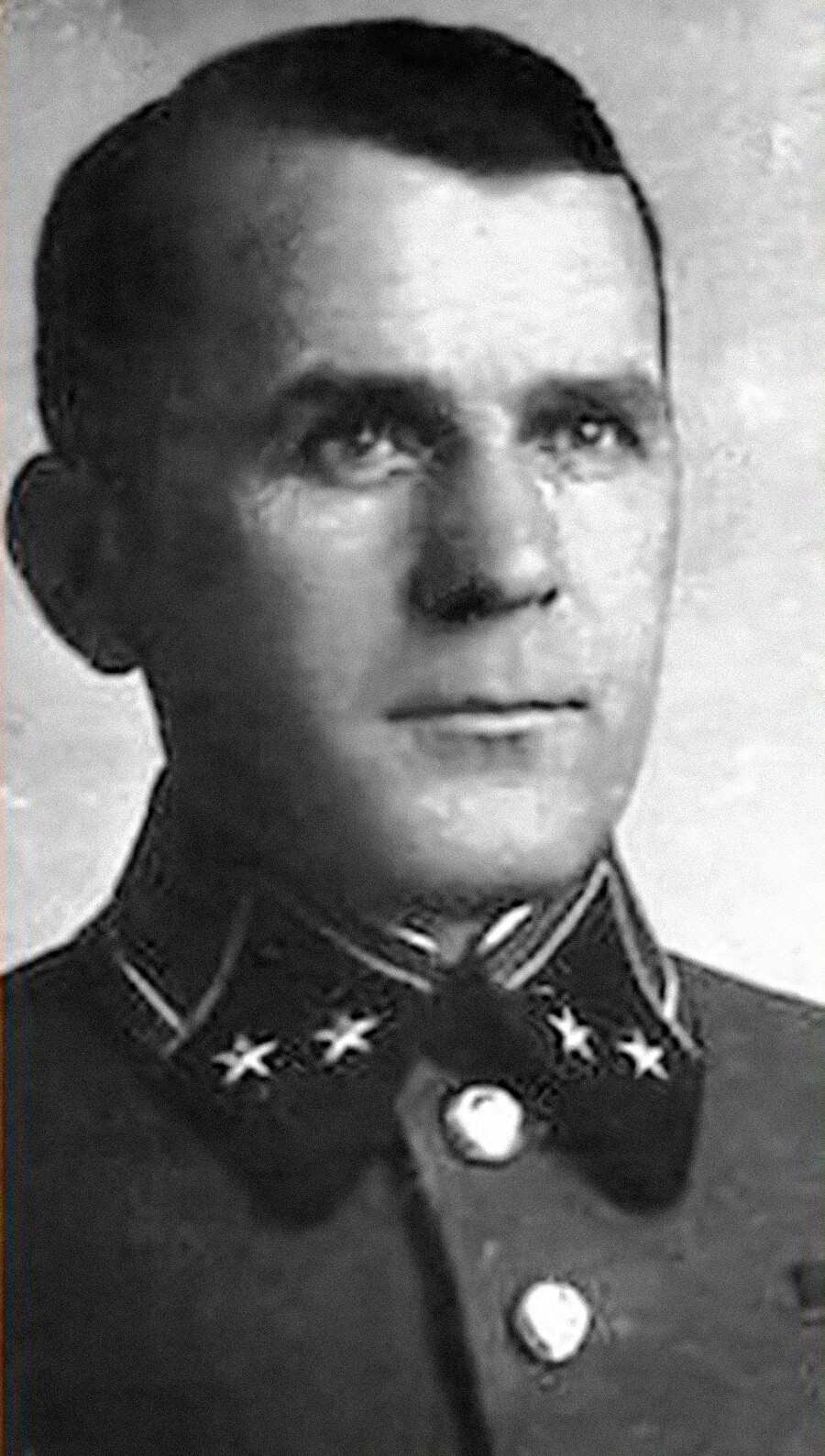
Makary Petrov.
Public DomainMaj-Gen of Aviation Pavel Yusupov, the deputy chief of staff of the Red Army Air Force, was arrested on June 17, 1941, just five days before the start of the war against Nazi Germany. He was charged with involvement in an anti-Soviet plot and shot on February 23, 1942.
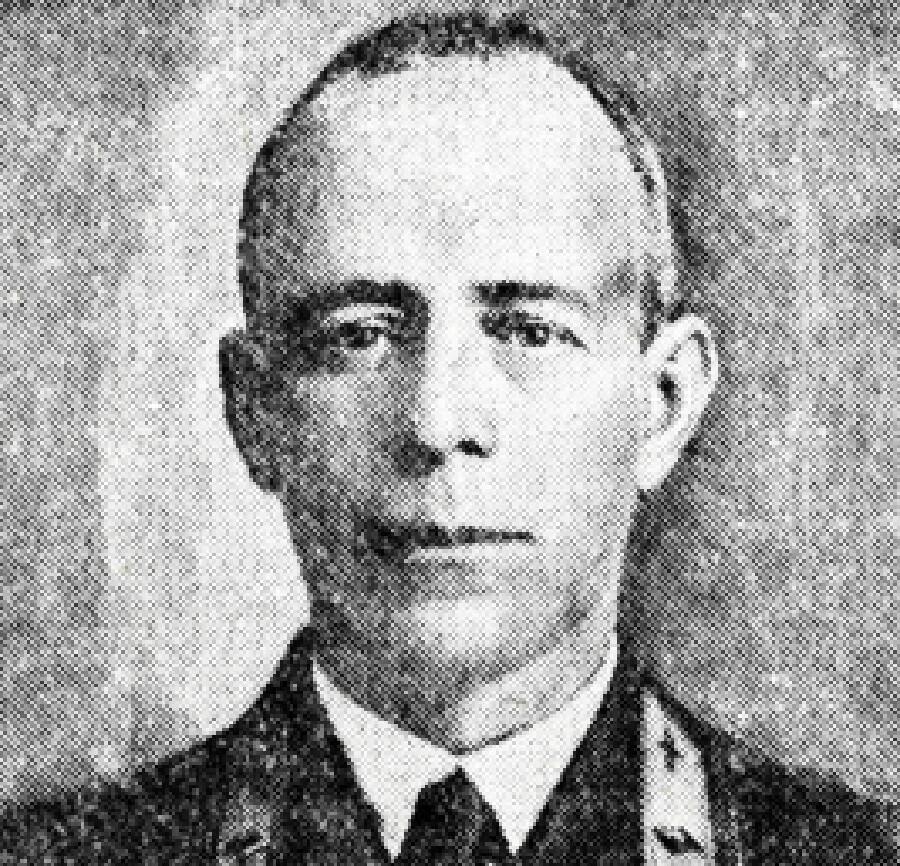
Pavel Yusupov.
Public DomainIf using any of Russia Beyond's content, partly or in full, always provide an active hyperlink to the original material.
Subscribe
to our newsletter!
Get the week's best stories straight to your inbox